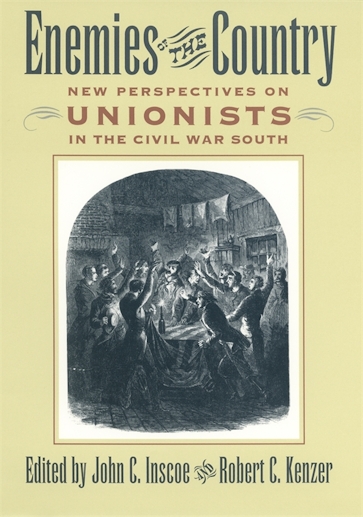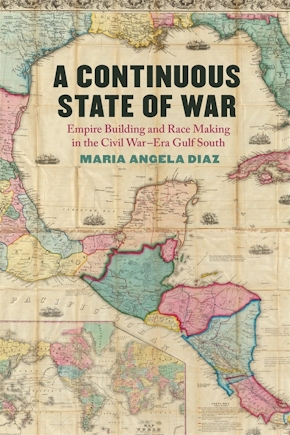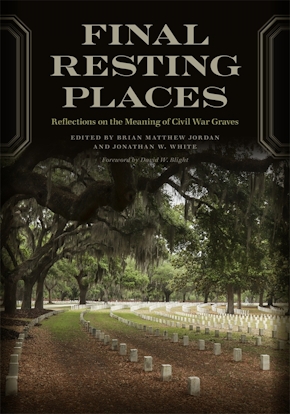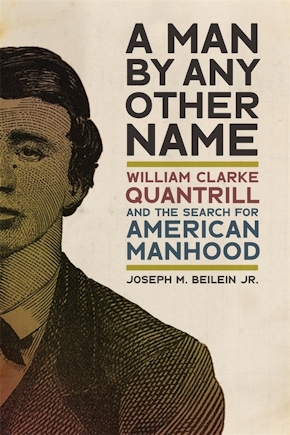Enemies of the Country
New Perspectives on Unionists in the Civil War South
Title Details
Pages: 256
Illustrations: 13 b&w photos
Trim size: 6.000in x 9.000in
Formats
Paperback
Pub Date: 09/13/2004
ISBN: 9-780-8203-2660-3
List Price: $34.95
Related Subjects
Enemies of the Country
New Perspectives on Unionists in the Civil War South
Skip to
- Description
- Reviews
- Contributors
Exploring family and community dynamics, Enemies of the Country profiles men and women of the Confederate states who, in addition to the wartime burdens endured by most southerners, had to cope with being a detested minority.
With one exception, these featured individuals were white, but they otherwise represent a wide spectrum of the southern citizenry. They include natives to the region, foreign immigrants and northern transplants, affluent and poor, farmers and merchants, politicians and journalists, slaveholders and nonslaveholders. Some resided in highland areas and in remote parts of border states, the two locales with which southern Unionists are commonly associated. Others, however, lived in the Deep South and in urban settings. Some were openly defiant; others took a more covert stand.
Together the portraits underscore how varied Unionist identities and motives were, and how fluid and often fragile the personal, familial, and local circumstances of Unionist allegiance could be. For example, many southern Unionists shared basic social and political assumptions with white southerners who cast their lots with the Confederacy, including an abhorrence of emancipation.
The very human stories of southern Unionists—as they saw themselves and as their neighbors saw them—are shown here to be far more complex and colorful than previously acknowledged.
Interesting, thought-provoking, and even moving.
—North and South
[The essays] provide valuable and often fresh insights into the sources, nature, limits, and remarkable diversity of southern Unionism.
—American Historical Review
Enemies of the Country begins to answer the question of how many white Southerners became Unionists. And it adds considerable depth and variety to our understanding of why some Unionists resisted openly and why others remained silent and did what they could.
—Journal of American History
Southern Unionists are shown here to be far more complex and colorful than previously acknowledged.
—Franklin Chronicle
[A] valuable addition to the study of Southern Unionism. . . . All Civil War scholars will find Enemies of the Country worthwhile reading.
—Florida Historical Quarterly
An important book. The work opens with an excellent introduction that provides an insightful historiography of Southern Unionism. . . . [Adds] significantly to our understanding of Southern Unionists in the American Civil War through sound scholarship, clear and effective writing, and thought provoking conclusions.
—Journal of Military History
Taken together and read within the context of Inscoe’s valuable opening commentary, [the essays] provide a fascinating window onto a subject that seems ripe to emerge into the full sunlight of Civil War scholarship. . . . The South’s Unionists are beginning to step forward and be counted; may they continue to do so.
—Journal of Southern History
An important contribution to our understanding of Unionists in the South. The essays offer new and unique insights into the complex world of dissent during wartime, and of the sacrifices made to maintain those beliefs. The authors of these essays demonstrate that Unionist ideas and actions were extremely diverse, and depict persons who made remarkable choices in seemingly impossible situations. This book is highly recommended for all Appalachian and Civil War collections.
—Journal of Appalachian Studies
Anne J. Bailey
Carolyn Stefanco
Gordon McKinney
Jonathan Berkey
Keith S. Bohannon
Kenneth Barnes
Robert Tracy McKenzie
Scott Reynolds Nelson
Thomas G. Dyer
William Warren Rogers



